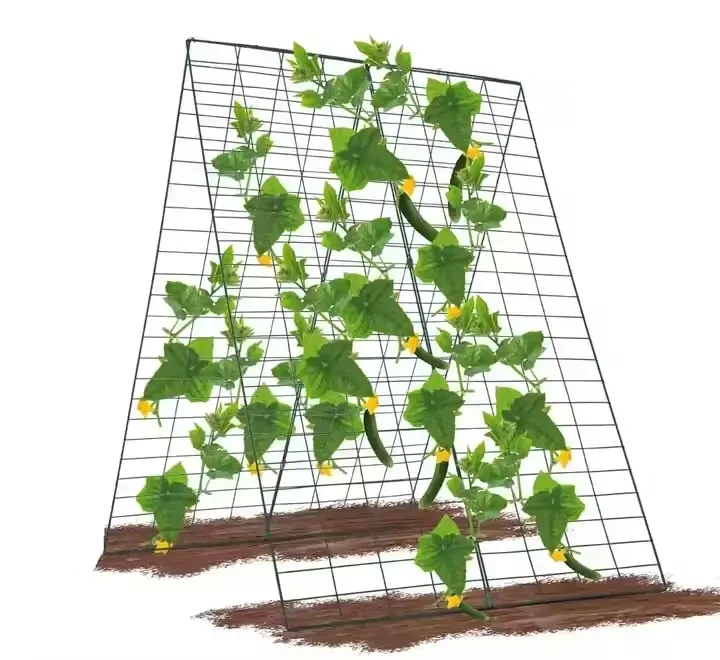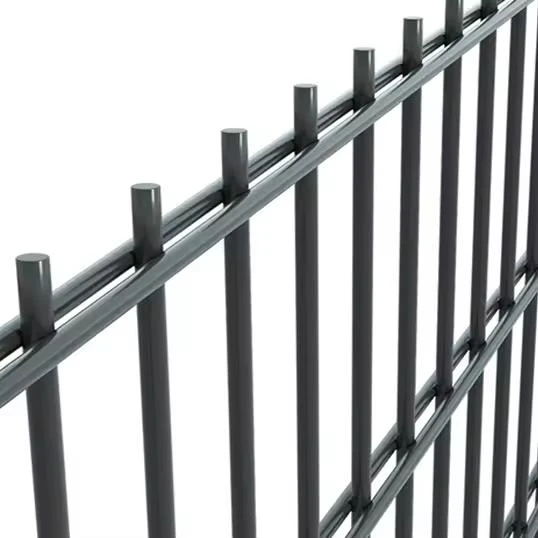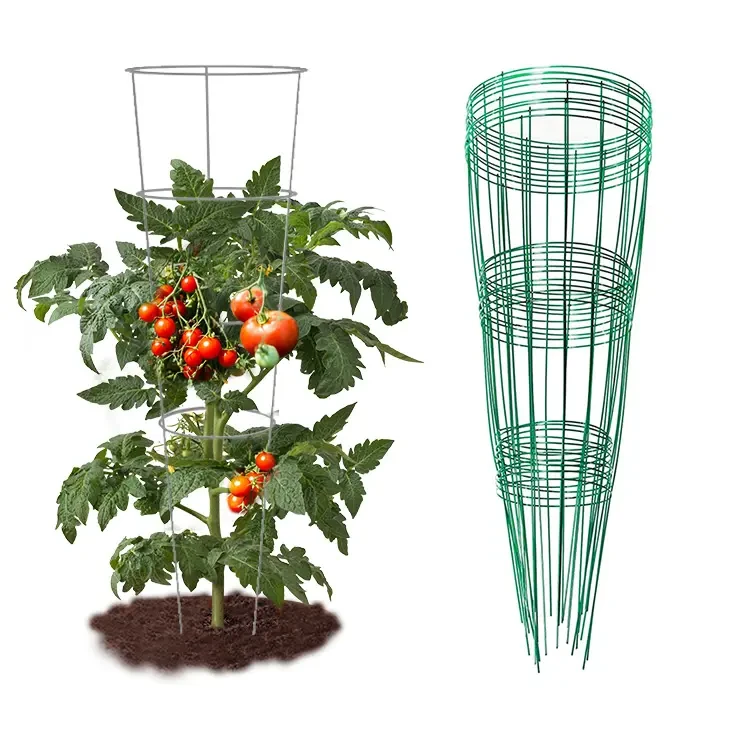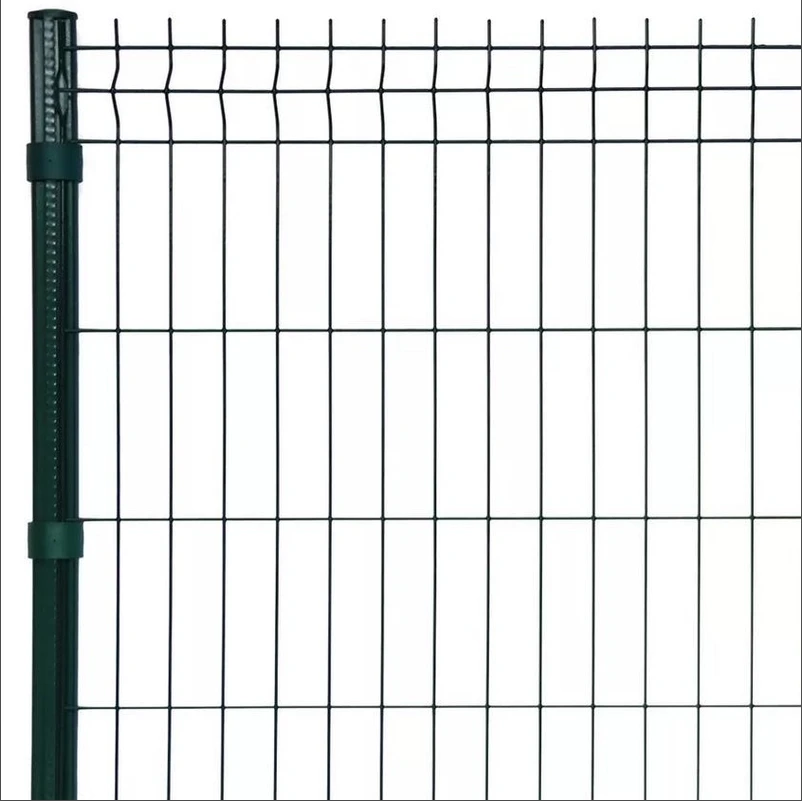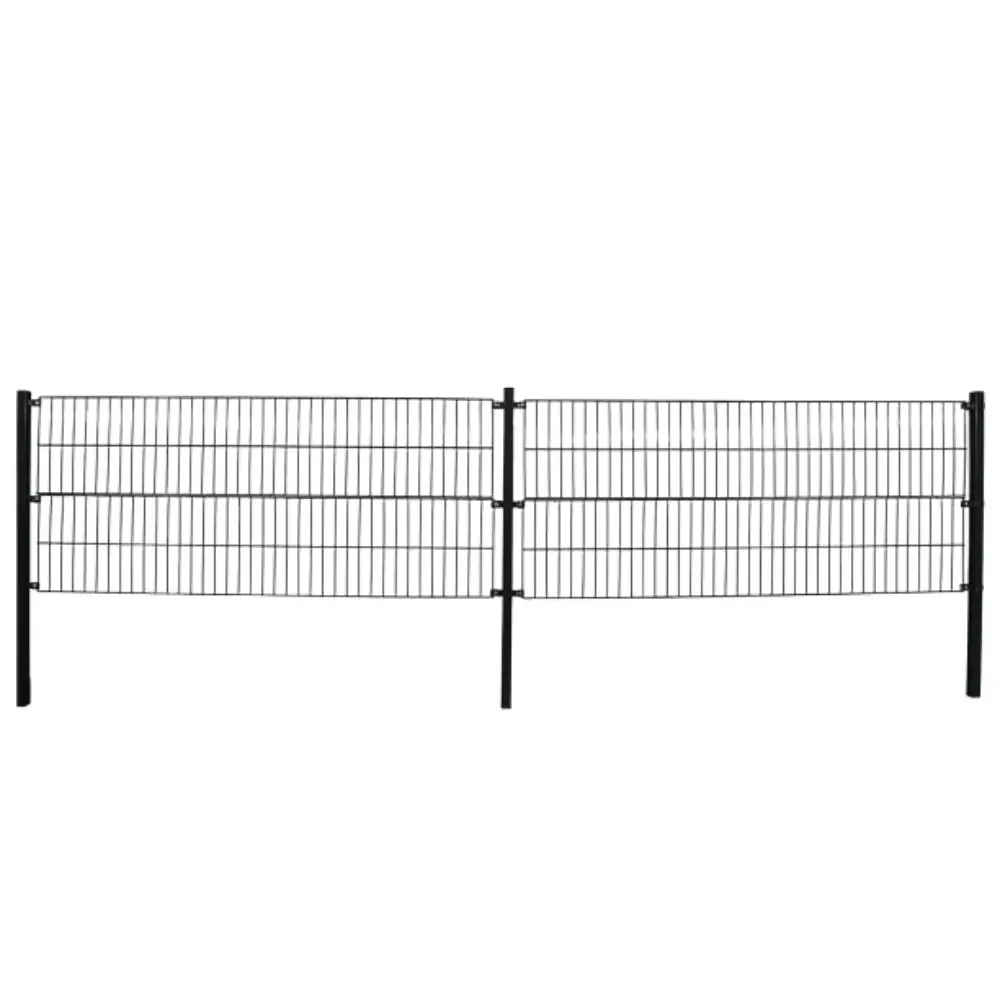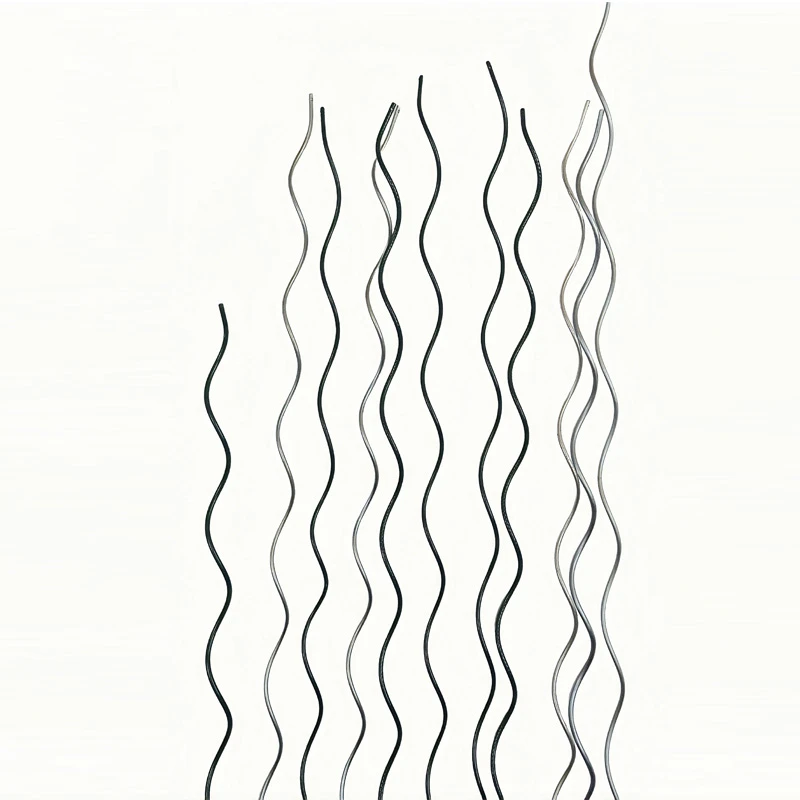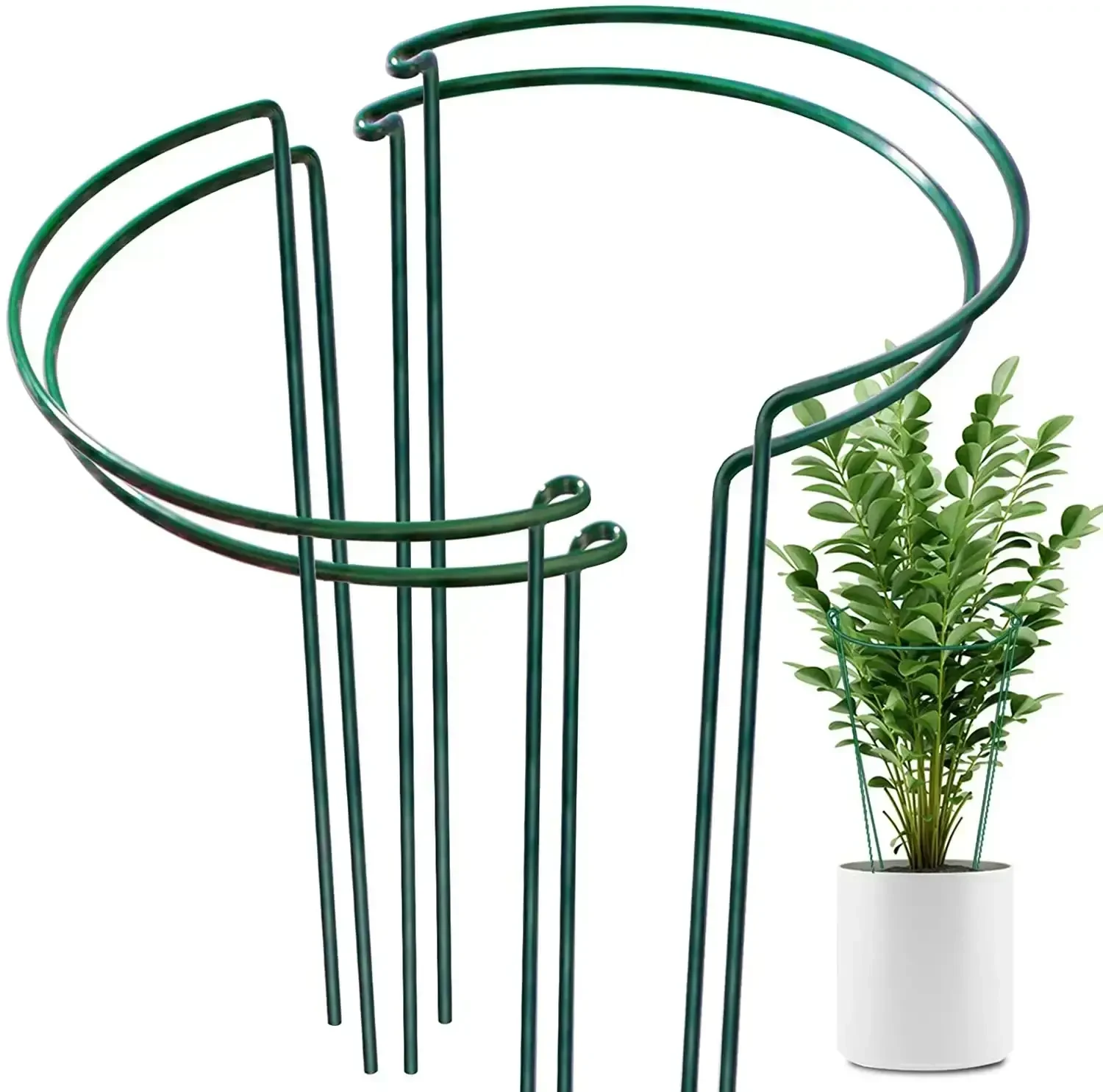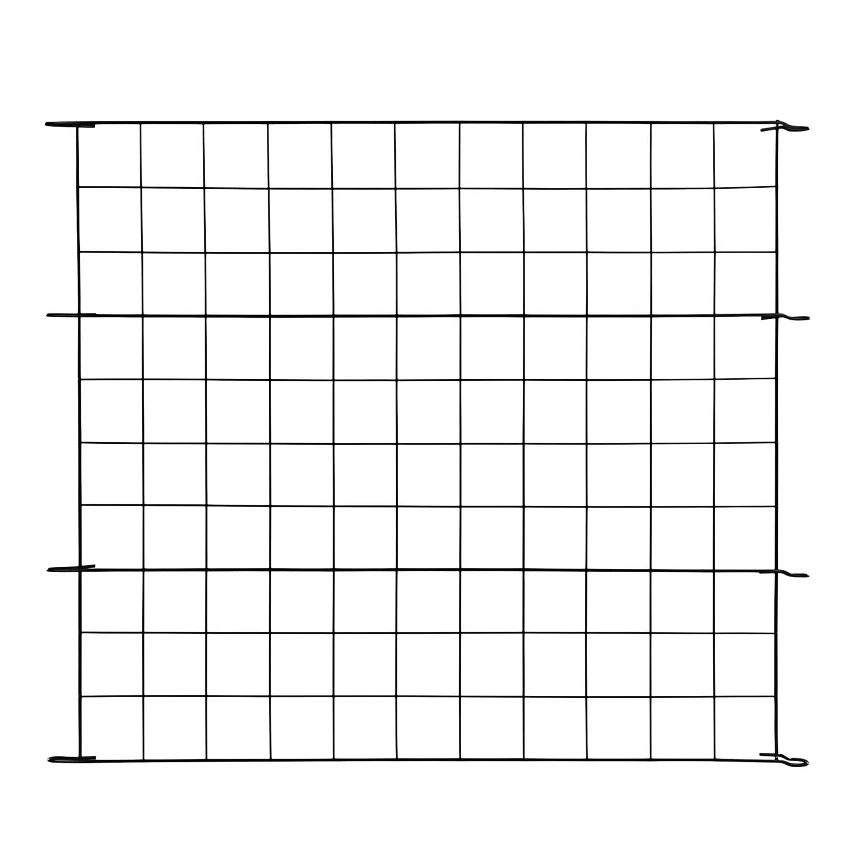-

-
 Whatsapp:+86 17732187393
Whatsapp:+86 17732187393 -


- Afrikaans
- Albanian
- Amharic
- Arabic
- Armenian
- Azerbaijani
- Basque
- Belarusian
- Bengali
- Bosnian
- Bulgarian
- Catalan
- Cebuano
- Corsican
- Croatian
- Czech
- Danish
- Dutch
- English
- Esperanto
- Estonian
- Finnish
- French
- Frisian
- Galician
- Georgian
- German
- Greek
- Gujarati
- haitian_creole
- hausa
- hawaiian
- Hebrew
- Hindi
- Miao
- Hungarian
- Icelandic
- igbo
- Indonesian
- irish
- Italian
- Japanese
- Javanese
- Kannada
- kazakh
- Khmer
- Rwandese
- Korean
- Kurdish
- Kyrgyz
- Lao
- Latin
- Latvian
- Lithuanian
- Luxembourgish
- Macedonian
- Malgashi
- Malay
- Malayalam
- Maltese
- Maori
- Marathi
- Mongolian
- Myanmar
- Nepali
- Norwegian
- Norwegian
- Occitan
- Pashto
- Persian
- Polish
- Portuguese
- Punjabi
- Romanian
- Russian
- Samoan
- scottish-gaelic
- Serbian
- Sesotho
- Shona
- Sindhi
- Sinhala
- Slovak
- Slovenian
- Somali
- Spanish
- Sundanese
- Swahili
- Swedish
- Tagalog
- Tajik
- Tamil
- Tatar
- Telugu
- Thai
- Turkish
- Turkmen
- Ukrainian
- Urdu
- Uighur
- Uzbek
- Vietnamese
- Welsh
- Bantu
- Yiddish
- Yoruba
- Zulu
farmyard fencing
Farmyard Fencing A Necessity for Every Farm
When you think of a farm, images of lush green fields, livestock grazing under the sun, and the gentle sounds of nature often come to mind. However, behind the picturesque scenes lies a vital element that ensures the smooth operation of any farm fencing. Farmyard fencing is not merely a boundary; it serves multiple essential purposes that contribute to the well-being of both farm animals and the overall farm ecosystem.
Firstly, the primary purpose of farmyard fencing is to keep livestock contained. Animals such as cattle, sheep, goats, and horses require designated areas to roam and graze. A well-constructed fence ensures that these animals stay within a specified area, preventing them from wandering into potentially dangerous territories, such as busy roads or areas with harmful plants. Moreover, a secure enclosure protects livestock from external threats, including predators and stray animals that could harm them.
Beyond just maintenance of livestock, effective fencing plays a crucial role in the overall management of the farm. Different animals have varying needs regarding space and social interaction. For example, pigs require a sturdy and taller fence since they are known to root and burrow. In contrast, chickens may require less height but need an enclosure that keeps them safe from aerial predators. By strategically placing divisions and gates within the fencing system, farmers can effectively manage grazing patterns, reduce overgrazing, and ensure that the nutritional needs of each animal are met.
Fencing can also help in rotational grazing practices, a sustainable farming method that involves moving livestock between different pastures to prevent overgrazing and allow for the regeneration of grass and other vegetation. This practice not only promotes a healthier environment for the animals but also enhances soil quality and supports biodiversity. By setting up temporary fencing systems, farmers can easily rotate their livestock, optimizing grazing while maintaining the land’s productivity.
farmyard fencing
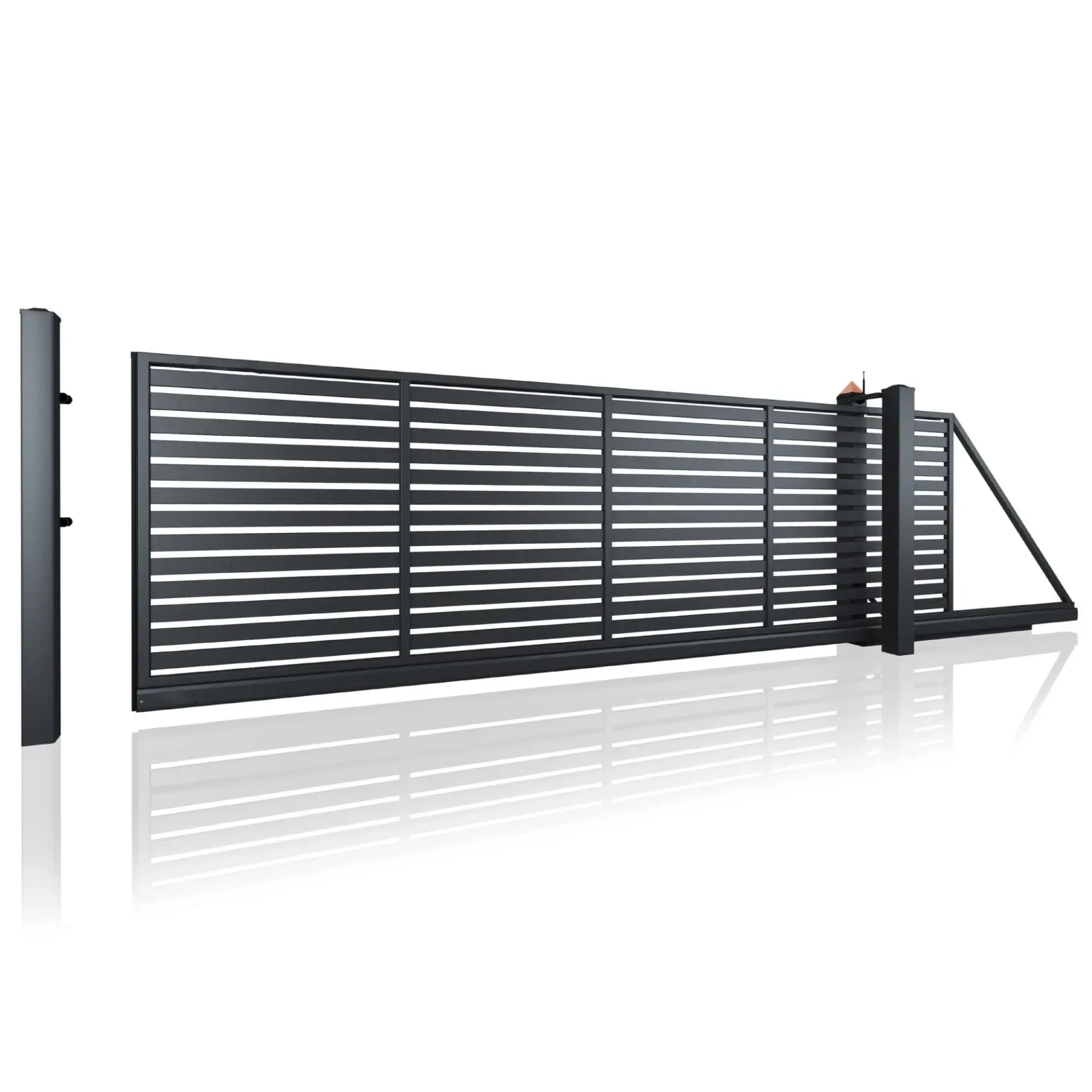
In addition to these practical benefits, farmyard fencing contributes to the overall organization of the farm
. Clearly defined boundaries help farmers manage their properties efficiently, ensuring that resources, such as water and feed, can be distributed effectively. Well-designed fencing also permits the division of the farm into various sections, such as crop areas, animal pens, and storage units, helping to streamline daily operations.It is essential to recognize that not all fencing is created equal. Farmers must carefully consider the materials, height, and design of their fencing based on their specific needs. Common materials for farmyard fencing include barbed wire, wooden posts, chain-link, and electric fencing. Each option has its benefits and drawbacks; for example, while electric fencing is effective for keeping animals in, it may not be the best choice for farms with small children or where livestock needs frequent access and egress.
The maintenance of farmyard fencing is another crucial aspect that cannot be overlooked. Regular inspections should be conducted to identify any wear and tear or potential hazards that could arise over time. Broken fences not only risk livestock escaping but can also cause disputes with neighbors over property lines or lead to costly animal accidents. Investing time and resources into the upkeep of farm fences ensures long-term functionality and security.
Moreover, fencing can enhance the aesthetics of a farm. While functionality is paramount, an attractive fence can complement the beauty of the landscape, adding character to the property. A well-maintained fence can also increase the overall value of a farm, making it more appealing to prospective buyers should there ever be a desire to sell.
In conclusion, farmyard fencing is a fundamental component that supports the health and organization of agricultural operations. It protects livestock, enhances farm management, fosters sustainable practices, and can even beautify the landscape. Thus, whether one is a seasoned farmer or new to the world of agriculture, investing in quality fencing should be at the forefront of farm planning and management. An efficient fencing system not only safeguards animals but also nurtures the farmer's livelihood, ensuring that the farm thrives in harmony with nature.
-
Modern Single Gate Design Iron for Home Stylish Single Main Entrance Iron Gates Secure Single Door Gate DesignNewsJul.08,2025
-
High-Quality Galvanized Wire Mesh Sheets - Durable & Versatile Mesh Sheets for Multi-Purpose UseNewsJul.08,2025
-
Tomato Plant Metal Support – Durable Spiral & Tower Plant Supports for Healthy GrowthNewsJul.07,2025
-
19 Gauge PVC Coated Hardware Mesh – Durable & Rustproof, Ideal for FencingNewsJul.07,2025
-
14 Single Driveway Gate – Durable, Secure & Easy-Install OptionsNewsJul.06,2025
-
Premium Aluminium Fence Vertical Slats - Durable, Stylish & Easy InstallationNewsJul.06,2025
